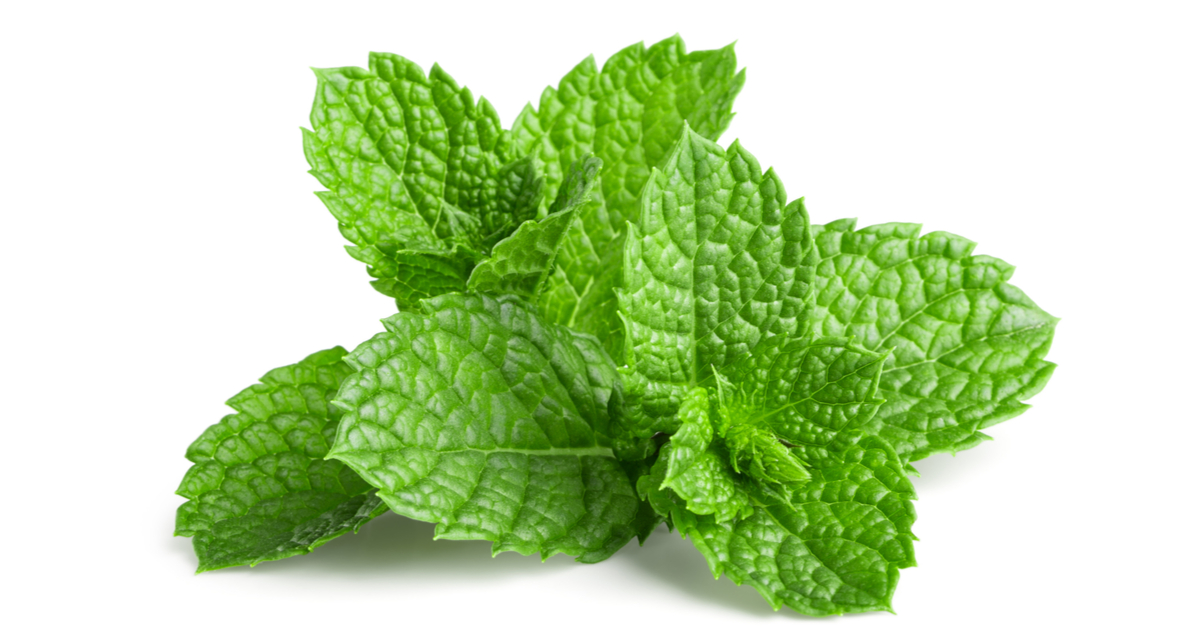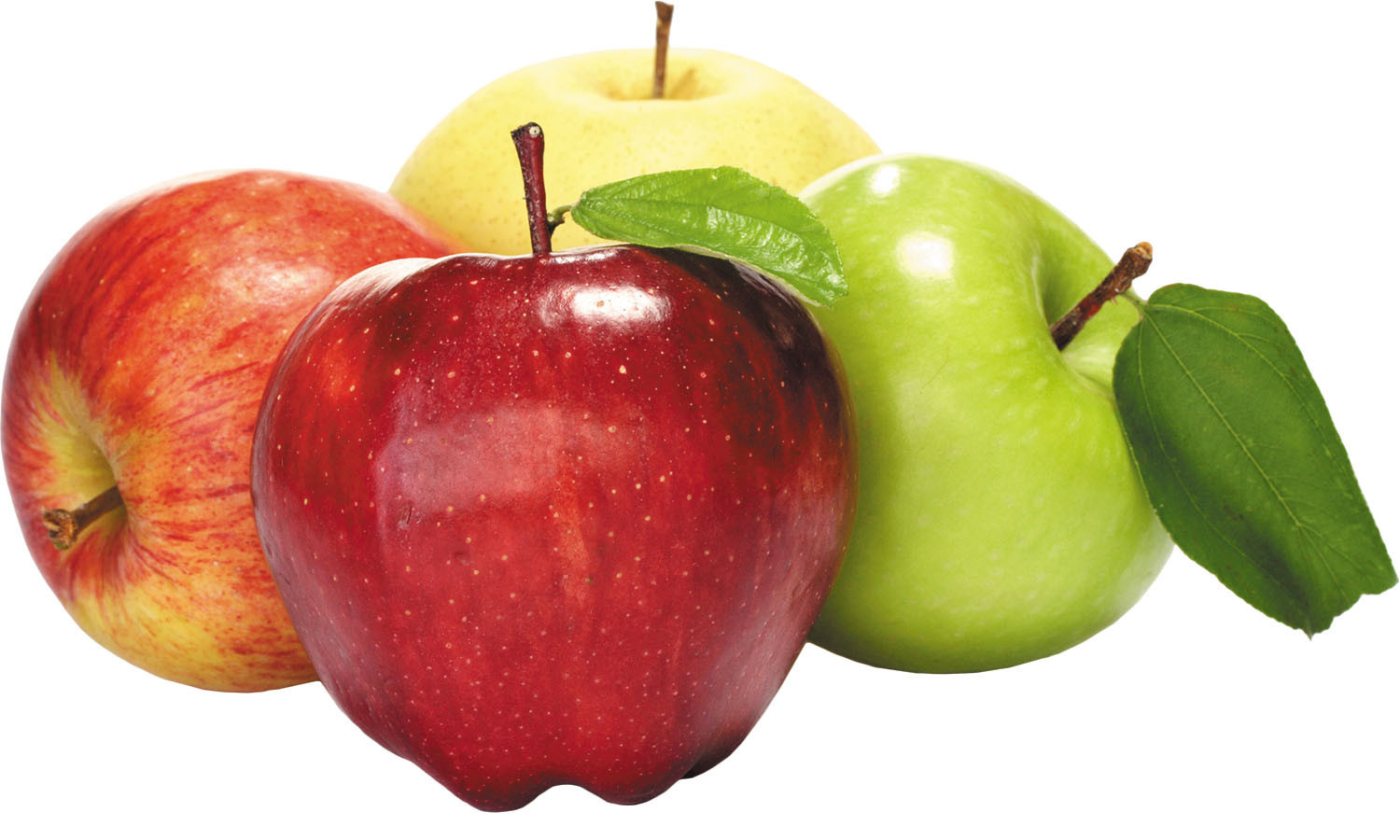Nutritional Value of Mint
Mint is rich in essential nutrients and powerful antioxidants. According to nutritional analyses, every one-third cup of fresh mint leaves contains:
- Only 6 calories
- 1 gram of dietary fiber
- 12% of the daily requirement for Vitamin A
- 9% of the daily requirement for Iron
- 8% of the daily requirement for Manganese
- 4% of the daily requirement for Folate
Mint also contains good amounts of Vitamin C, Calcium, Potassium, and Phosphorus, making it a valuable addition to any healthy diet.
Main Health Benefits of Mint
1. Improving Digestive Health
Mint is one of the best natural remedies for digestive problems, as it:
- Relieves symptoms of irritable bowel syndrome (IBS) such as bloating, gas, abdominal pain, and constipation or diarrhea
- Helps treat indigestion by stimulating the secretion of digestive enzymes and helping to relax stomach muscles
- Reduces nausea and vomiting, especially travel sickness or morning sickness in pregnant women
- Acts as an antispasmodic for the intestines and soothes gastrointestinal cramps
2. Promoting Respiratory Health
The menthol in mint has positive effects on the respiratory system:
- Relieves nasal and sinus congestion
- Helps expel phlegm and relieve coughs
- Opens airways and helps relieve asthma symptoms
- Treats throat and tonsil infections thanks to its antibacterial properties
3. Relieving Pain and Inflammation
Mint has analgesic and anti-inflammatory properties:
- Relieves menstrual pain in women
- Soothes headaches of all kinds, including migraines
- Reduces muscle and joint pain when used topically
- Relieves breastfeeding pain and nipple cracks
4. Promoting Oral and Dental Health
Mint is widely used in oral care products because of its:
- Ability to fight bacteria that cause tooth decay
- Improving breath odor and freshening breath
- Treating gum infections and mouth ulcers
- Preventing plaque buildup on teeth
5. Improving Mental Functions and Mood
Studies have shown that mint has positive effects on the brain:
- Improves memory and cognitive functions
- Increases alertness and concentration
- Reduces stress and anxiety and helps relaxation
- Stimulates the secretion of serotonin, which improves mood
6. Other Benefits of Mint
- Boosting Immunity: Thanks to its content of antioxidants and vitamins such as C and A
- Skin Care: Treating acne, soothing skin inflammations, and regulating sebum secretion
- Aiding in Weight Loss: By stimulating digestive enzymes and fat burning
- Lowering Blood Pressure: Due to its potassium content, which helps relax blood vessels
Ways to Consume Mint
The benefits of mint can be enjoyed in several ways:
- Mint Tea: Steep fresh or dried mint leaves in hot water for 5-10 minutes
- Mint Essential Oil: Used for inhalation or topical application (after dilution)
- Fresh Leaves: Can be chewed or added to salads and drinks
- Peppermint Oil Capsules: For treating irritable bowel syndrome (IBS)
Precautions and Side Effects
Despite its many benefits, caution should be exercised in some cases:
- May cause heartburn or worsen symptoms of gastroesophageal reflux disease (GERD)
- Can interact with some medications such as blood pressure and diabetes medications
- Not suitable for infants under 6 months
- May cause allergic reactions in some people
- Concentrated peppermint oil should be avoided on children’s skin as it may cause breathing difficulties
Conclusion
Mint is a plant with numerous health benefits, ranging from improving digestion and respiratory health to enhancing mental functions and skin care. It can be easily incorporated into the daily diet as a beverage or spice, while taking necessary precautions in certain specific health conditions. However, it is advisable to consult a doctor before using it regularly for therapeutic purposes, especially if you suffer from any chronic health problems or are taking certain medications.



